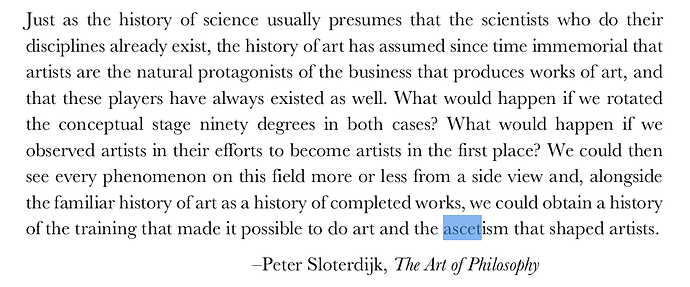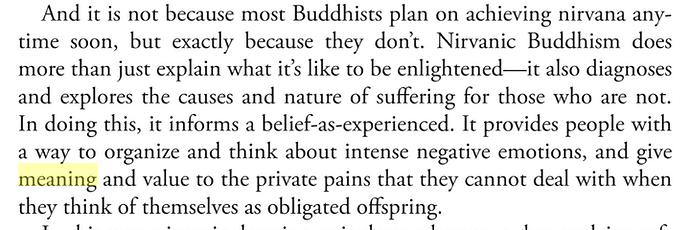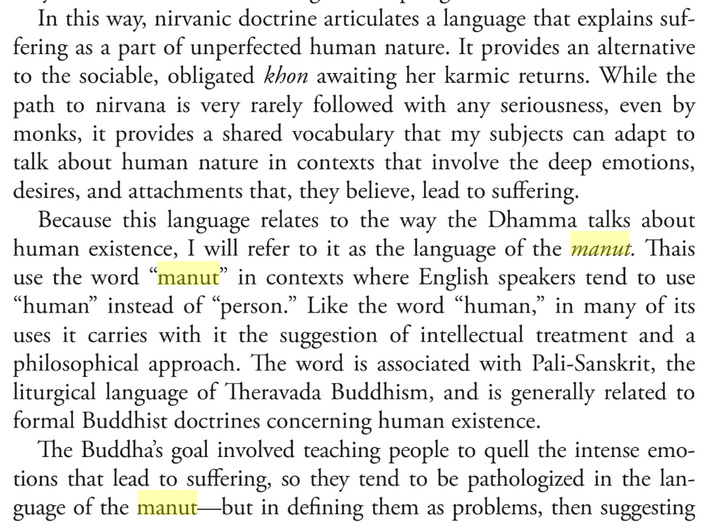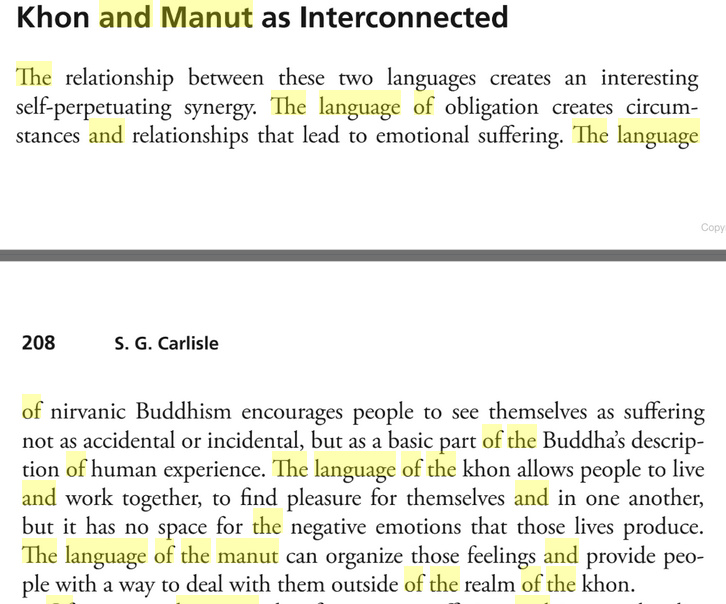George, I can’t see wanting to be part of a CoPCo, but I can see wanting to be part of a guild, as long as it defined itself in ways that resonated for me.
I’m painfully aware of the historic baggage guilds have, but modern guilds need not be that way at all, and we’ve seen the word used successfully for various software communities.
To me, a reason to use “guilds” and give them funny names like StoryThreaders (not quite StoryWeavers  is for them to sound friendly, memorable, unique and a little quirky.
is for them to sound friendly, memorable, unique and a little quirky.
That’s also a reason to not call them Working Groups. Also, the positive intent of a Guild is to last a long time, attracting craftspeople to improve their craft and pass it down through generations. WGs tend to be shorter term, no? And they make me feel like I’m at the UN  But ymmv.
But ymmv.
I love the ideas behind Communities of Practice (though those 7 principles aren’t self-evident, even if they are useful), but it seems to me calling yourself a CoP is not quite oblique enough.
And emergence is key. Naming something StoryThreaders and describing what that means is the first step in said emergence. Then others have to show up and want to be members, then others have to hire StoryThreaders to do serious work. If those things don’t materialize, then StoryThreaders didn’t succeed as a Guild.









